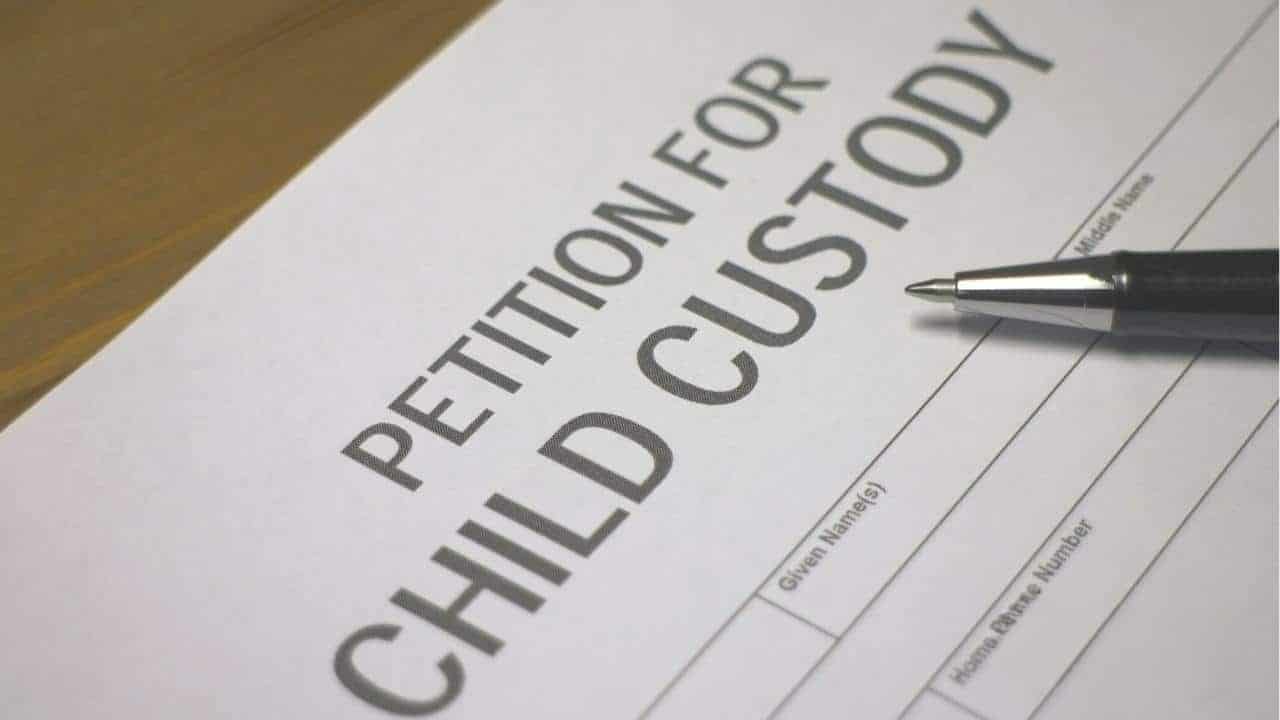For Illinois parents that are no longer together or facing divorce, understanding the basics of child custody law is important. First, the term “custody” no longer exists in Illinois. The State of Illinois changed its laws regarding custody in 2016, and child custody is now officially called “allocation of parental responsibilities”.
Allocation of Parental Responsibilities
The allocation of parental responsibilities has two (2) components.
The first component sets forth the schedule of when the child/children are with one parent and when they are with the other parent. This is also called parenting time. There can be equal or shared parenting time, which is measured by how many overnights each parent has with the child/children. If both parents have over 146 overnights per year with the minor child/children, then they have equal or shared parenting time. If only one parent has over 146 overnights with the minor child/children, then that parent is designated as the parent with the majority of parenting time, and their residence is where the minor child/children reside.
Decision-Making for the Children
The other component of the allocation of parental responsibilities is decision-making for the minor child/children, which deals with 4 separate areas:
- medical care,
- extracurricular activities,
- religious events and religious participation, and
- education.
These 4 decision-making categories can either be shared/jointly decided on by the parents, or one parent can be allocated sole decision-making for 1 or all 4 of the areas. However, if you are the parent who has sole decision-making for 1 or all 4 of the categories, that still means you have to discuss the issues and decisions with the other parent, but if there is no agreement between the parents, then the parent who has sole decision-making of that specific category can make the final decision.
When Parents Disagree on Parenting Time
If both parents are unable to agree on a parenting time schedule and how decisions will be made for the minor child/children, then the Court must decide what is in the best interest of the minor child/children by weighing and analyzing several factors that are outlined in the statute. For allocation of decision-making, this is governed under section 750 ILCS 5/602.5 of the Illinois Marriage and Dissolution of Marriage Act. The factors an Illinois Court will review in determining which parent should have sole decision making, or if the parents should make these decisions together are as follows:
- The wishes of the child, taking into account the child’s maturity and ability to express reasoned and independent preferences as to decision-making
- The child’s adjustment to his or her home, school, and community
- The mental and physical health of all individuals involved
- The ability of the parents to cooperate to make decisions, or the level of conflict between the parties that may affect their ability to share decision-making
- The level of each parent’s participation in past significant decision-making with respect to the child
- Any prior agreement or course of conduct between the parents relating to the decision-making with respect to the child
- The wished of the parents
- The child’s needs
- The distance between the parents’ residences, the cost and difficulty of transporting the child, each parent’ and the child’s daily schedules, and the ability of the parents to cooperate in the arrangement
- Whether a restriction on decision-making is appropriate under Section 603.10
- The willingness and ability of each parent to facilitate ad encourage a close and continuing relationship between the other parent and the child
- The physical violence or threat of physical violence by the child’s parent directed against the child
- The occurrence of abuse against the child or other member of the child’s household
- Whether one of the parents is s sex offender, and if so, the exact nature of the offense and what, if any, treatment in which the parent has successfully participated
- Any other factor that the court expressly finds to be relevant.
Illinois Parenting Time Law
The statute regarding parenting time is set forth in 750 ILCS 5/602.5 of the Illinois Marriage and Dissolution of Marriage Act. The factors the Court must review to determine which parent should have the majority of parenting time, or if the parenting time should be shared equally, are similar to those to be considered when determining decision-making but vary slightly. The factors the Court is required to review to determine what is in the best interest of the child/children regarding the parenting time schedule are as follows:
- The wishes of each parent seeking parenting time
- The wishes of the child, taking into account the child’s maturity and ability to express reasoned and independent preferences as to parenting time
- The amount of time each parent spent performing caretaking functions with respect to the child in the 24 months preceding the filing of any petitions for allocation of parental responsibilities or, if the child is under 2 years of age, since the child’s birth
- Any prior agreement or course of conduct between the parent relating to caretaking functions with respect to the child
- The interaction and interrelationship of the child with his or her parents and siblings and with any other person who may significantly affect the child’s best interests
- The child’s adjustment to his or her home, school, and community
- The mental and physical health of all individuals involved
- The child’s needs
- The distance between the parents’ residences, the cost and difficulty of transporting the child, each parent’s and the child’s daily schedule, and the ability of the parents to cooperate in the arrangement
- Whether a restriction on parenting time is appropriate
- The physical violence of threat of physical violence by the child’s parent directed against the child or other member of the child’s household
- The willingness and ability of each parent to place the needs of the child ahead of his or her own needs
- The willingness of each parent to facilitate and encourage a close and continuing relationship between the other parent and the child
- The occurrence of abuse against the child or other member of the child’s household
- Whether one of the parents is a convicted sex offender or lives with a convicted sex offender and, if so, the exact nature of the offense and what if any treatment the offender has successfully participated in
- The terms of a parent’s military family-care plan that a parent must complete before deployment if a parent is a member of the United States Armed Forces who is being deployed
- Any other factor that the court expressly finds to be relevant
Seek Legal Advice from a Chicago Family Laws Attorney
If you have questions about Illinois child custody – the allocation of parental responsibilities – and the different options available, be sure to reach out to an experienced Chicago family law attorney for assistance.




















